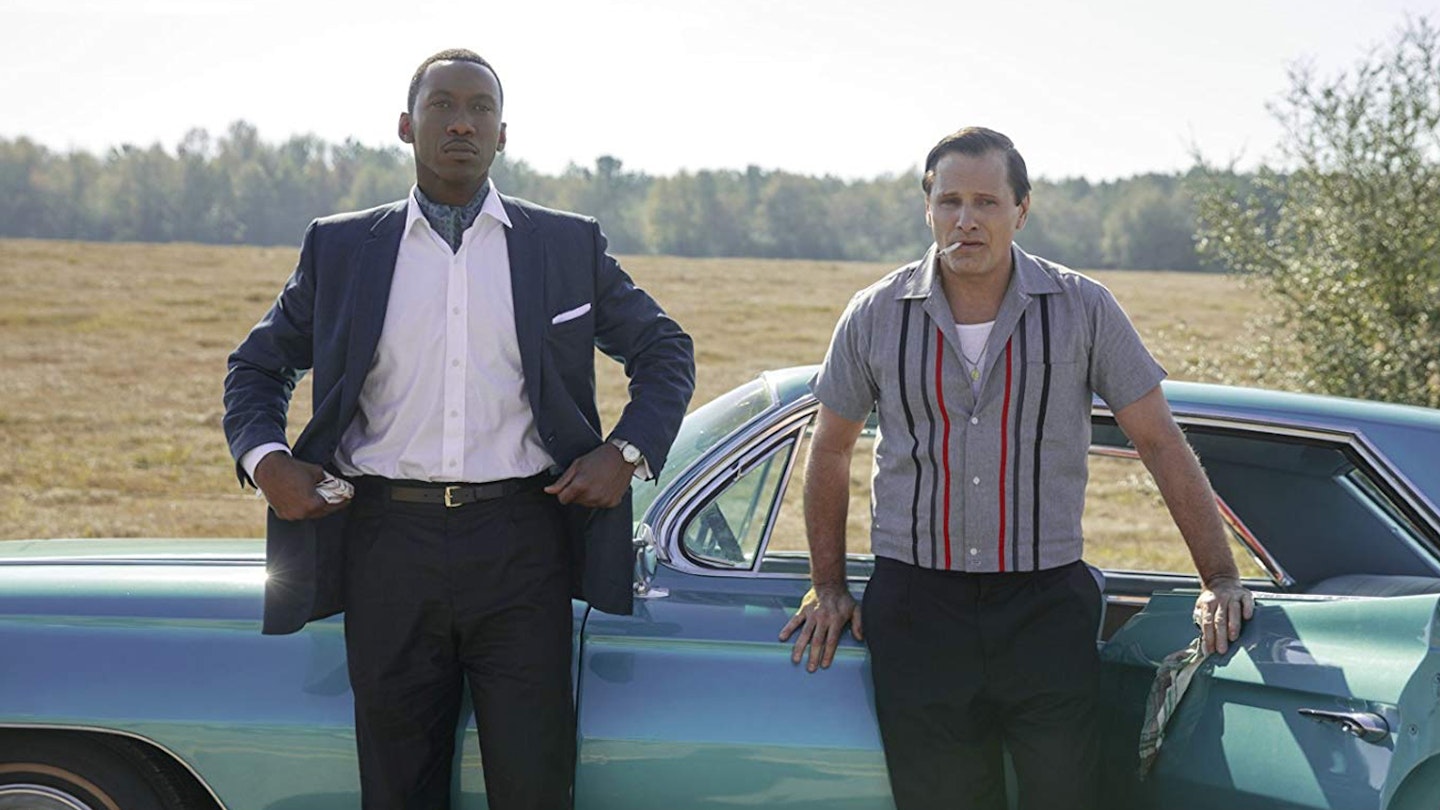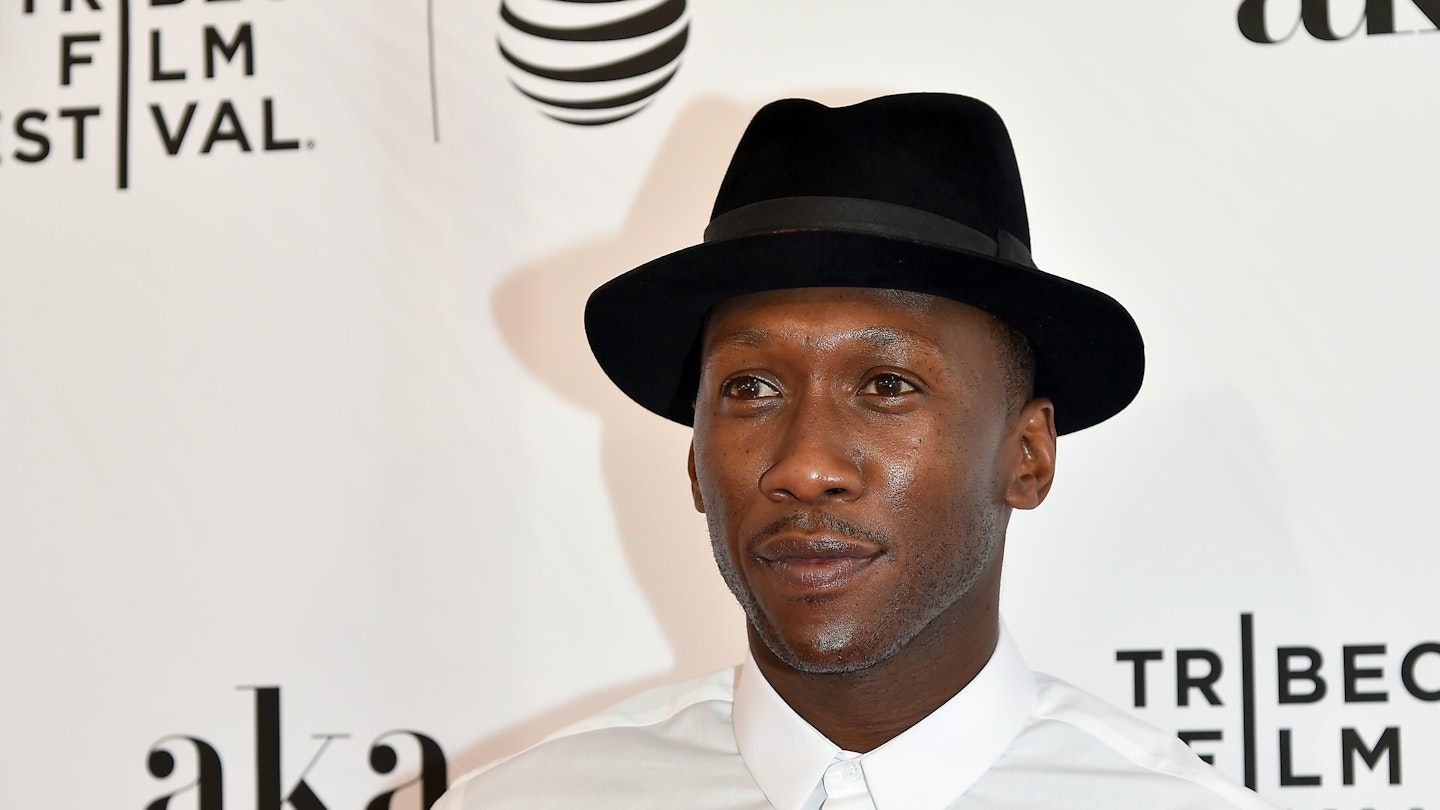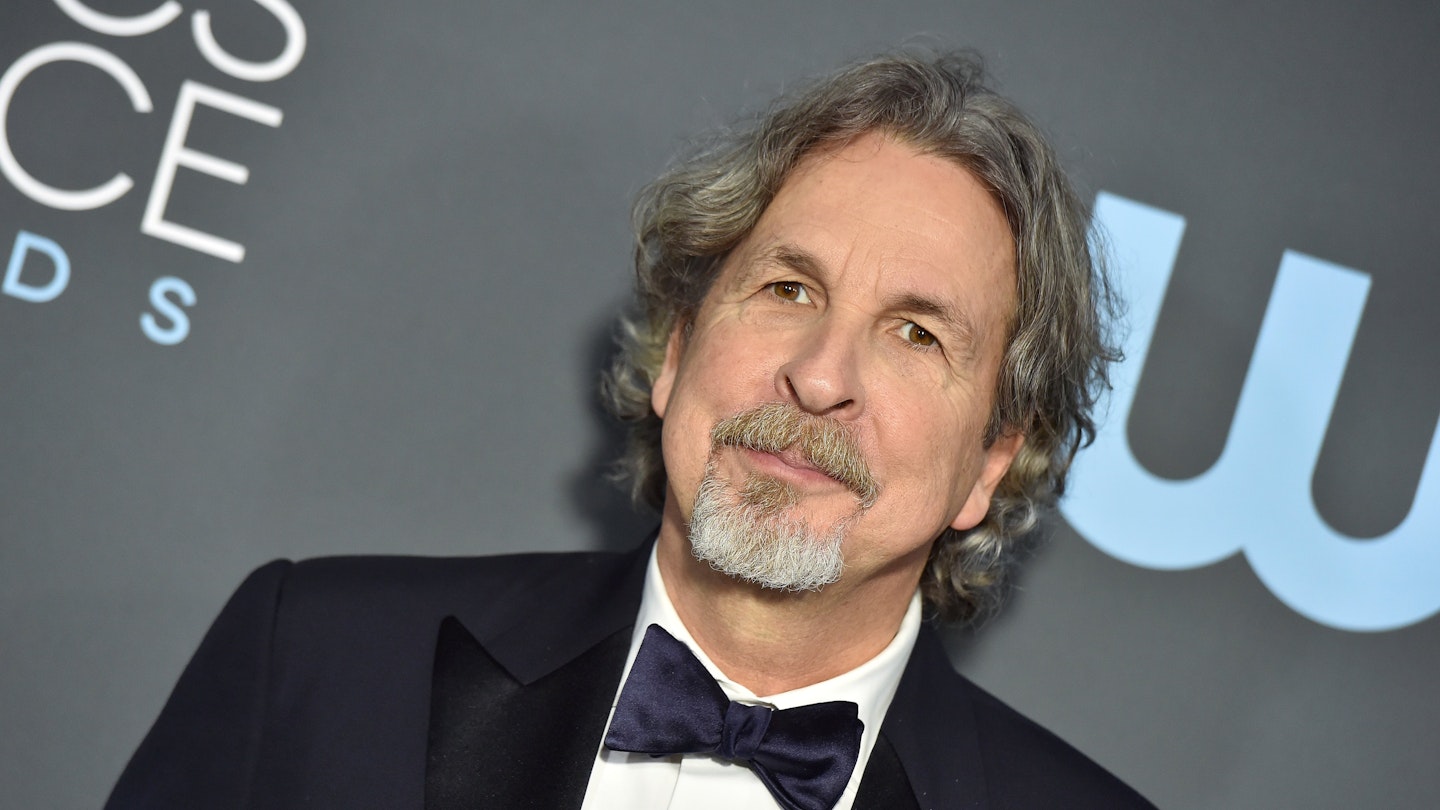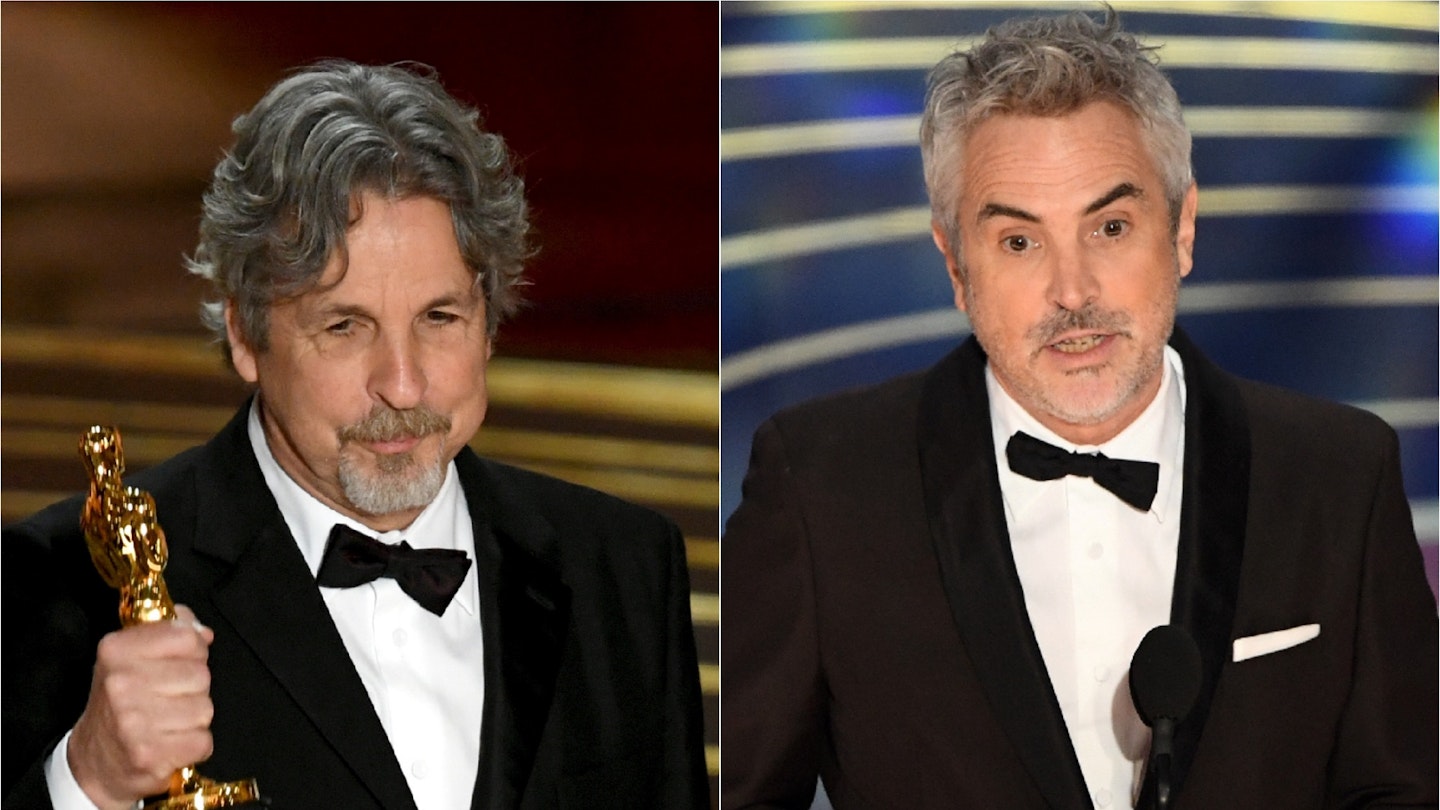The story of Tony Lip and Don Shirley is not a wildly original one. It’s an odd-couple road trip about how we’re all not so different, after all. No wheels are being reinvented here: it’s Driving Miss Daisy by way of Planes, Trains And Automobiles, if you like. But the execution is so outrageously appealing and good-hearted that surrendering to its charms feels like the only option. Peter Farrelly, most commonly known for leaning on the cheapest, dirtiest jokes he can find with his brother Bobby, here summons a gentler, more character-driven kind of humour, while telling a serious story about the compromises that African-Americans have been long forced to make by an oppressive white status quo.
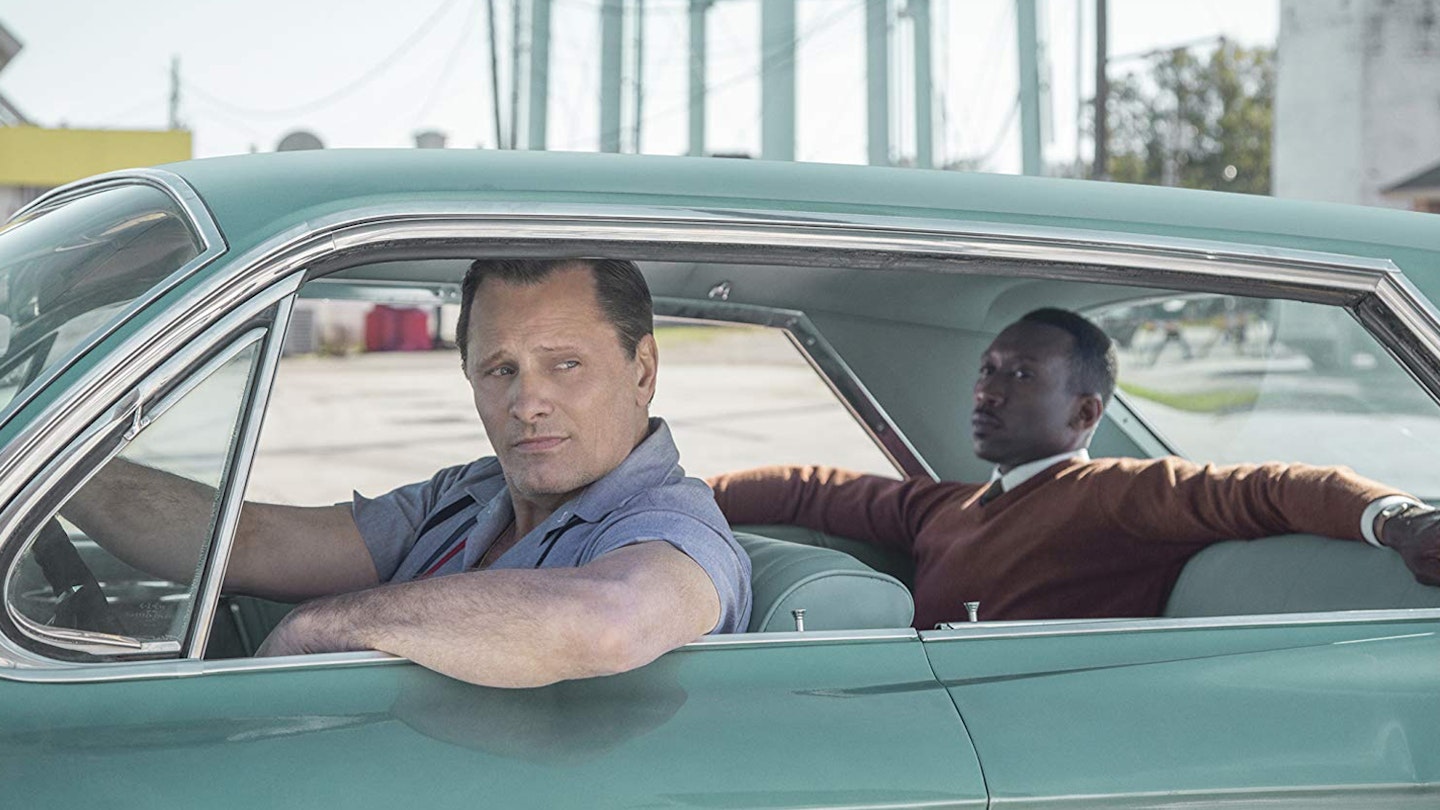
What makes the film so compelling is the chemistry that crackles from the central pair of actors. As Tony Lip, Viggo Mortensen’s enjoyably larger-than-life performance sometimes skirts the fringes of caricature, but you can’t fault the all-encompassing commitment or his performance. As with Don Shirley, we’re soon worn down by his gregariousness, and taken by his transformation; any memory of the softly spoken Dane who once wielded the reforged sword from the shards of Narsil is soon quashed at the sight of his unbelievable (and apparently real) Italianate gut.
The central humanistic message is important, necessary and correct.
Mahershala Ali’s Don Shirley is a contrast, in every sense. A model of quiet elegance and self-possession, there’s humour to be found in his obsessive-compulsiveness and almost regal particularisms. But Ali, who has always been an incredibly thoughtful actor, coats his performance with a dignity and melancholy. His is not the average black experience in America, but as we later learn, he deliberately chooses to tour more hostile areas of the country, using his position as a celebrated musician for the sake of progress.
There’s been a fair few criticisms of Green Book’s somewhat rose-tinted take on the appallingly violent reality of the Jim Crow South. You could certainly argue that its handle on racial politics is simplistic. But the film doesn’t shy from depicting racism in its ugliness and sadism when it counts. That it also acknowledges the intersectionality of Don’s experiences as a gay black man should not be ignored.
There are legitimate concerns that Green Book settles for lazy tropes about white saviours, but the central humanistic message is important, necessary and correct, and the fact that what could be a stiff, awards-hungry ‘message movie’ is in fact a crowdpleasing slice of mainstream entertainment means that message can reach audiences in all corners. At a time when racists are feeling more emboldened than they have any right to, that’s a very welcome message indeed.
